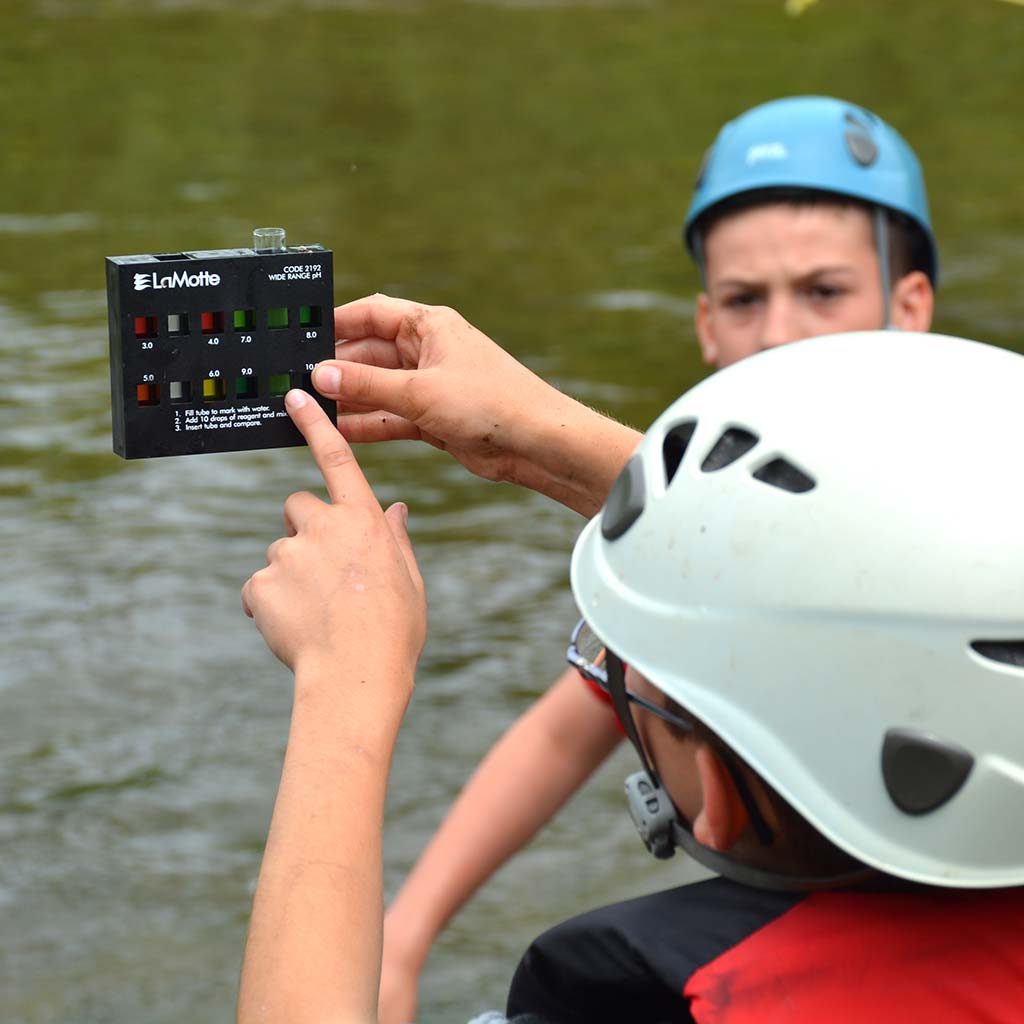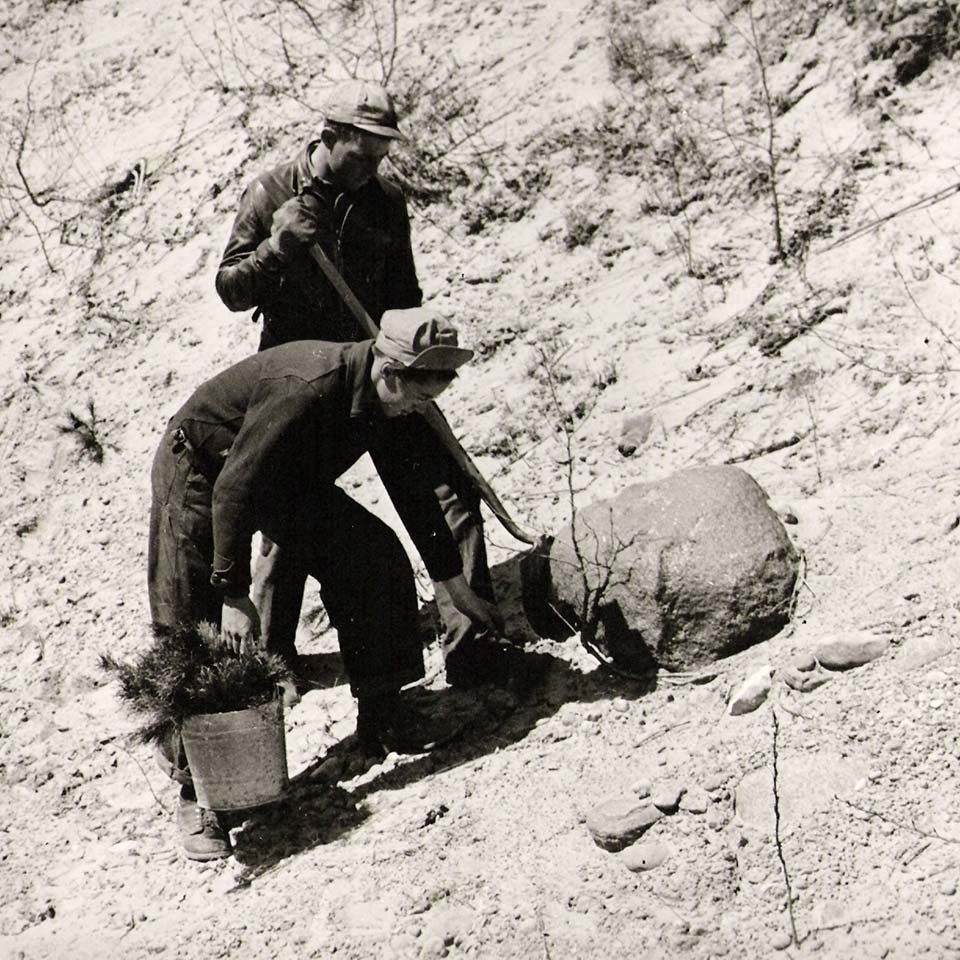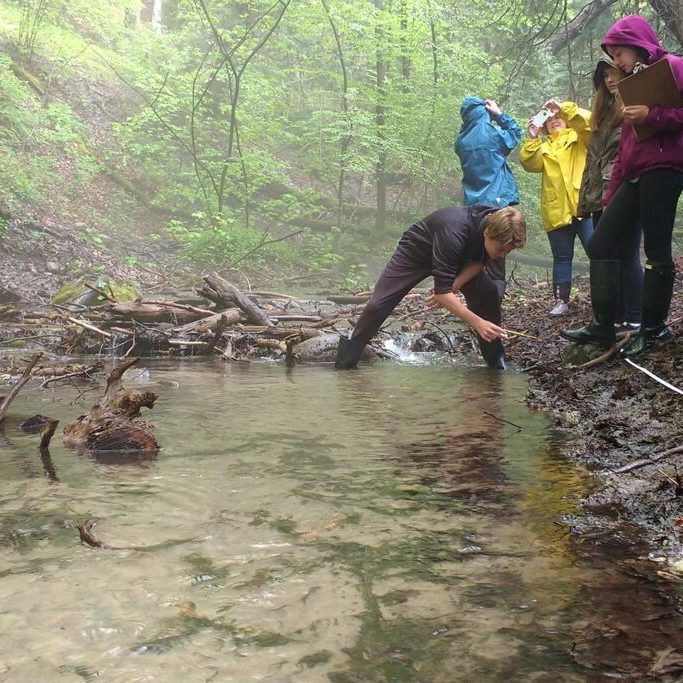
Keystone Moment For Conservation
The establishment of the Ganaraska Forest in 1944 was a keystone moment for the conservation movement in our country and across the globe.
This event led to the creation of Conservation Authorities to manage watersheds in Ontario and the passing of legislature that would ensure our natural resources and landscapes would be preserved for countless generations into the future. Today, environmental education is recognized as a fundamental pillar of conservation efforts in Ontario. This role was not truly embraced until the 1960’s, but if we look back in time, we would actually see that the ideals of conservation are much more deeply rooted in our peoples.
In fact, these ideals have always been present in the traditional teachings of the indigenous peoples who first resided on this land. As non-indigenous settlers learned to live on these traditional territories, they recognized a need for a specialized program of education that would support their subsistence lifestyle. This agricultural education suited the present needs of the settlers but lacked the fundamental conservation wisdom contained in the indigenous traditional teachings.
Evolution of Education
Over time, agricultural education evolved as the needs of society changed and, since the 1960s, its goals have swelled to include what we recognize today as fundamental to environmental education.
- Minimizing human impacts
- Encouraging personal and social development through adventure
- Affirming our dependency on the environment and, reframing our understanding of our place in the ecosystem
It has taken more than 150 years, but environmental education in Ontario has come full circle to appreciate the wisdom inherent in the teachings of our indigenous citizens.
Environmental education at the GRCA embraces each of the goals outlined above. It is education that grows minds, strengthens bodies, instills attitudes, and develops communities. It is education that is cause to reflect on our actions, to consider their consequences, so that we may safeguard our future and reach our fullest potential. It is not only about our survival, but also our ability to thrive as another species on this landscape. It is about making connections.
Ultimately, it is education about the environment, for the environment, in the environment.
Environmental Education
Environmental education at the GRCA occurs by way of two different initiatives:
- Outdoor Education Programs serve the needs of teachers, youth groups, and business leaders
- Community Outreach Programs serve the needs of our community members


